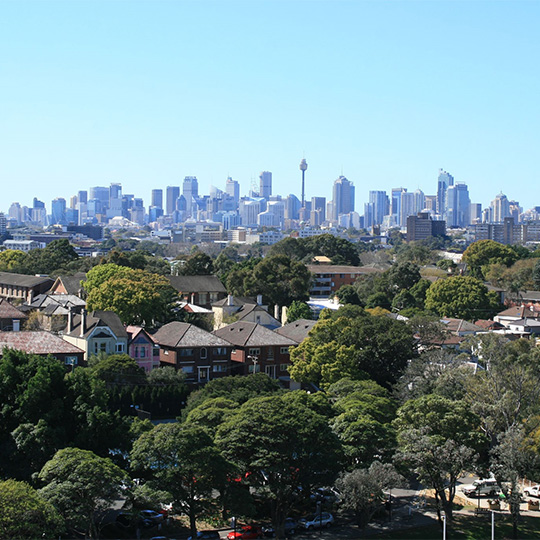Monash University Pro Vice-Chancellor (Indigenous) Professor Tristan Kennedy shares the University’s statement on the referendum outcome.
The following is attributable to Pro Vice-Chancellor (Indigenous) Professor Tristan Kennedy, on behalf of Monash University:
“We acknowledge the decision of the Australian people in the referendum, held on Saturday 14 October.
“For many, this will be an incredibly disappointing outcome, as it represents a missed opportunity for our nation. But our work is not done – we can still achieve reconciliation in Australia.
“Monash University remains steadfast in its support of Indigenous peoples having meaningful input into decisions that affect their lives and their futures. The referendum result does not change our resolve.
“We will keep working for better outcomes for Indigenous Australians. Over many generations, Indigenous peoples have faced barriers and rejection. Despite this, we have always stood up for each other and we will carry on the Elders’ courage, strength and advocacy for a brighter future for the generations to come.
“We remain committed to supporting and contributing to Treaty discussions in Victoria and the work of the Yoorrook Justice Commission. Our community will continue to advance reconciliation in the interest of better educational, health and social outcomes for all Australians.”
Background information:
Since August 2021, Monash University has been firmly committed, via its Strategic Plan, Impact 2030, in supporting the Uluru Statement from the Heart, which included a First Nations’ Voice to the Commonwealth Parliament of Australia. Monash has also made clear its commitment to supporting and contributing to Treaty discussions in Victoria and the work of the Yoorrook Justice Commission.
The University recently launched its scholarship program, Kummargi Yulendj (Boon Wurrung language, translates to Knowledge is Rising), which will better support more than 6,000 Indigenous and economically disadvantaged students, including those from regional or remote areas, to undertake higher education.
The statement is also available here.
For any other topics on which you may be seeking expert comment








